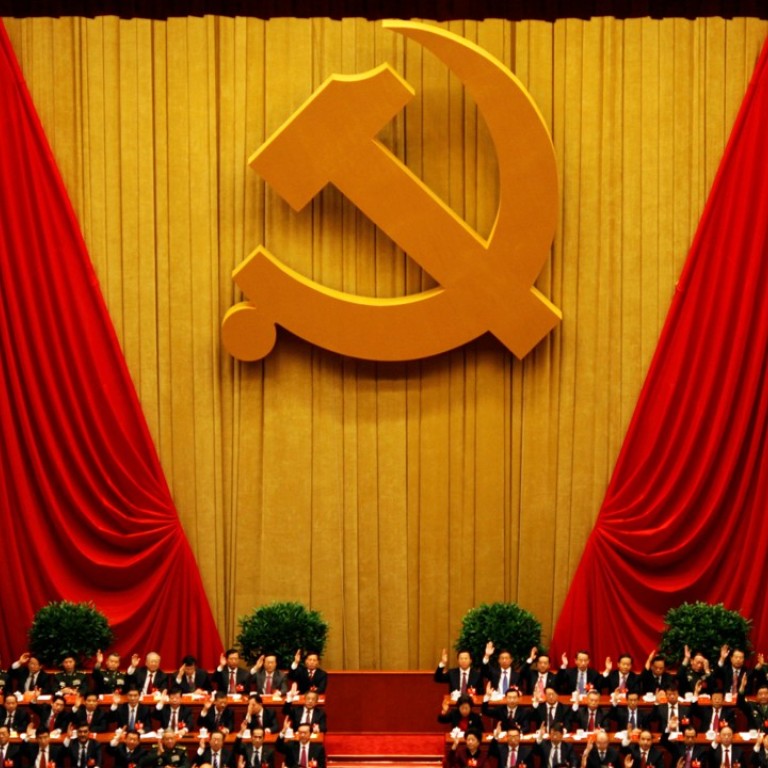
Congress a date with destiny for many
Announcement suggests agreement has been reached on new leadership line-up with focus also on economic policy and livelihood issues
Few announcements of a date for the diary prompt such anticipation; we are talking, of course, of the news that the Communist Party will convene its 19th congress in Beijing on October 18. It suggests the party has largely reached consensus on the new leadership line-up for the next five years. The congress may be about much more than leadership change and possible succession, but settlement of these issues except for fine-tuning clears the way forward.
The new leaders are likely to be trusted aides to party general secretary Xi Jinping who will help shape the direction China will follow in his second term as president. Holding the congress no later than mid-October will clear the decks for Xi to prepare for the Asia Pacific Economic Cooperation leaders’ summit in Vietnam in mid-November, and a visit to Beijing by US President Donald Trump. In the latter respect there is a sense of déjà vu. The 18th party congress at which Xi was elected party leader in 2012 convened hours after Barack Obama was elected to a second term as US president.
After the leadership change, most attention will focus on economic policy. The economy still faces headwinds in rebalancing away from reliance on state investment and exports towards consumption and the new economy. This week’s data on an accelerating manufacturing sector and a slowing services sector heading in different directions is evidence of that. Government support for the internet economy has triggered debate on the right balance with the “real” economy, such as heavy industry, which China still needs to sustain employment and social stability. Economic reform therefore remains very much a work in progress, as also shown by the recent curbs on capital outflows and encouragement of private investment in state-owned enterprises.
On livelihood issues, despite the goal of universally sharing the benefits of China’s economic rise, the country’s wealth gap has widened for the first time in five years. The Gini coefficient, a gauge of income equality, rose slightly to 0.465 last year, from 0.462 in 2015, according to the National Bureau of Statistics in July. A reading of zero would mean everyone’s income was equal, while a reading of one would indicate that all the income was going to one person. The UN considers a Gini coefficient higher than 0.4 a sign of severe income inequality. Along with environmental problems caused by rapid growth, that is why China wants to focus more on the quality rather than quantity of economic expansion.
The leadership change may result in a new person in charge of Hong Kong affairs, so all eyes will be focused on a possible successor to state leader Zhang Dejiang and on references to the city in the key speech, particularly the development of “one country, two systems”.

